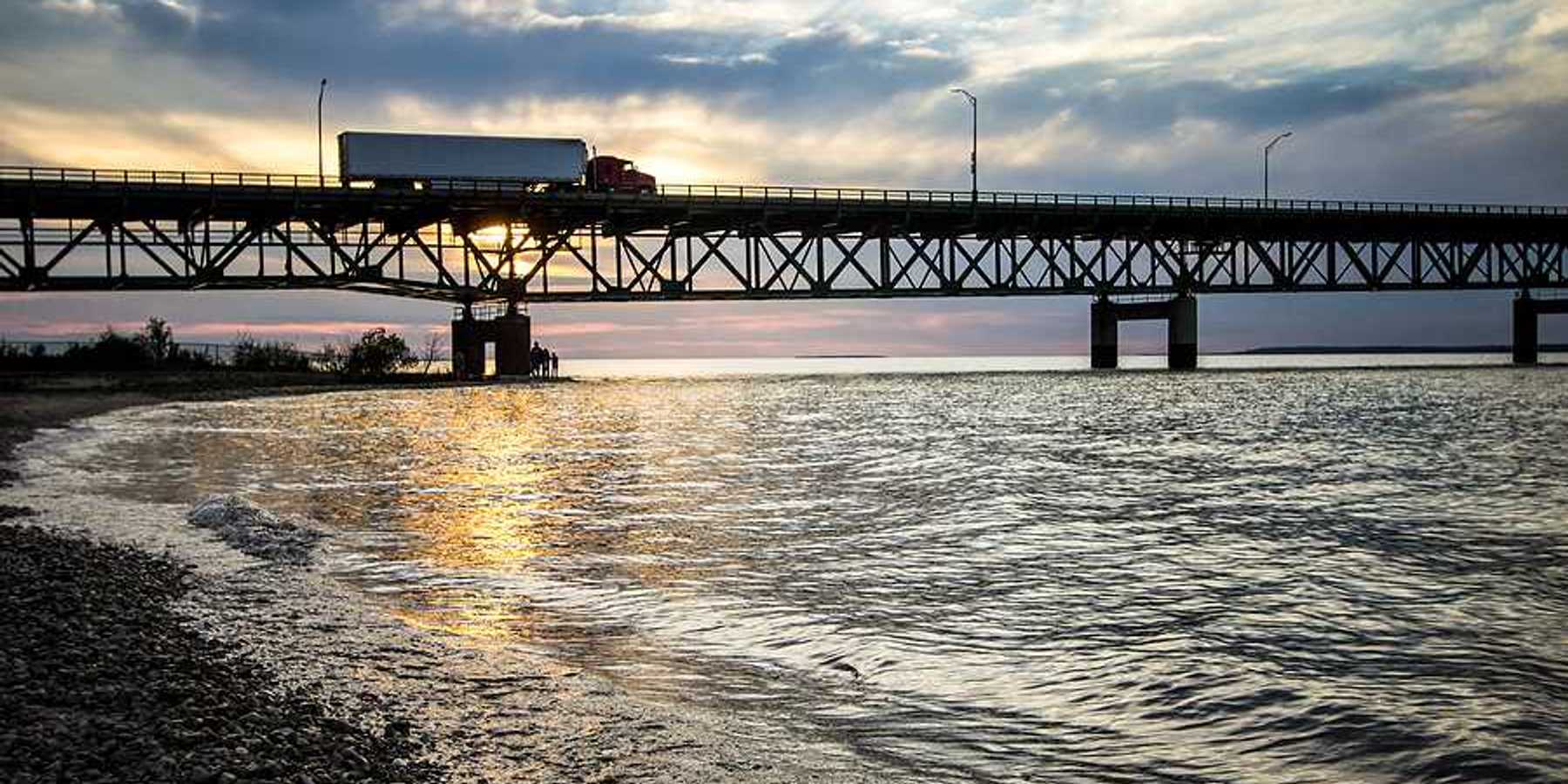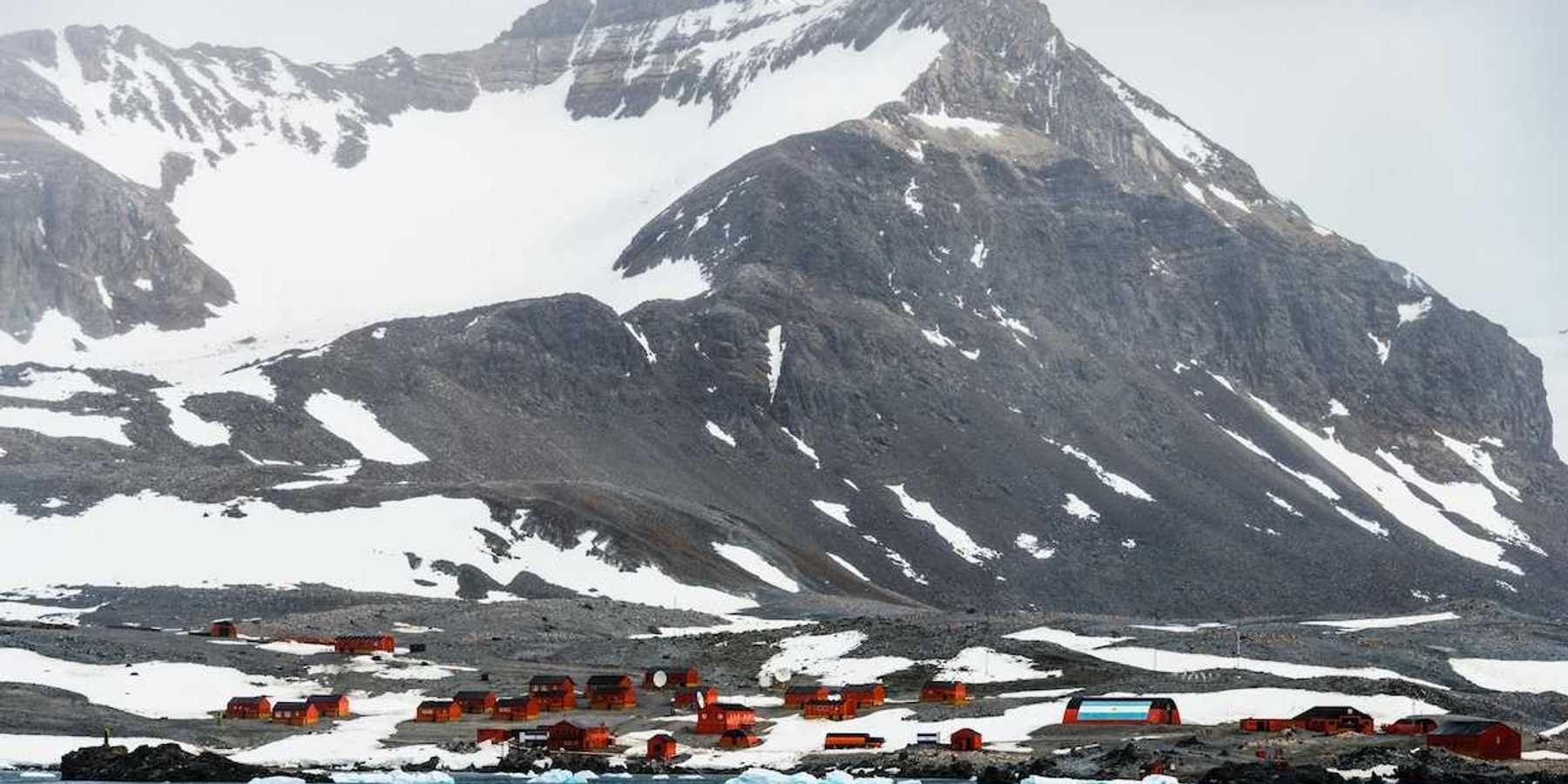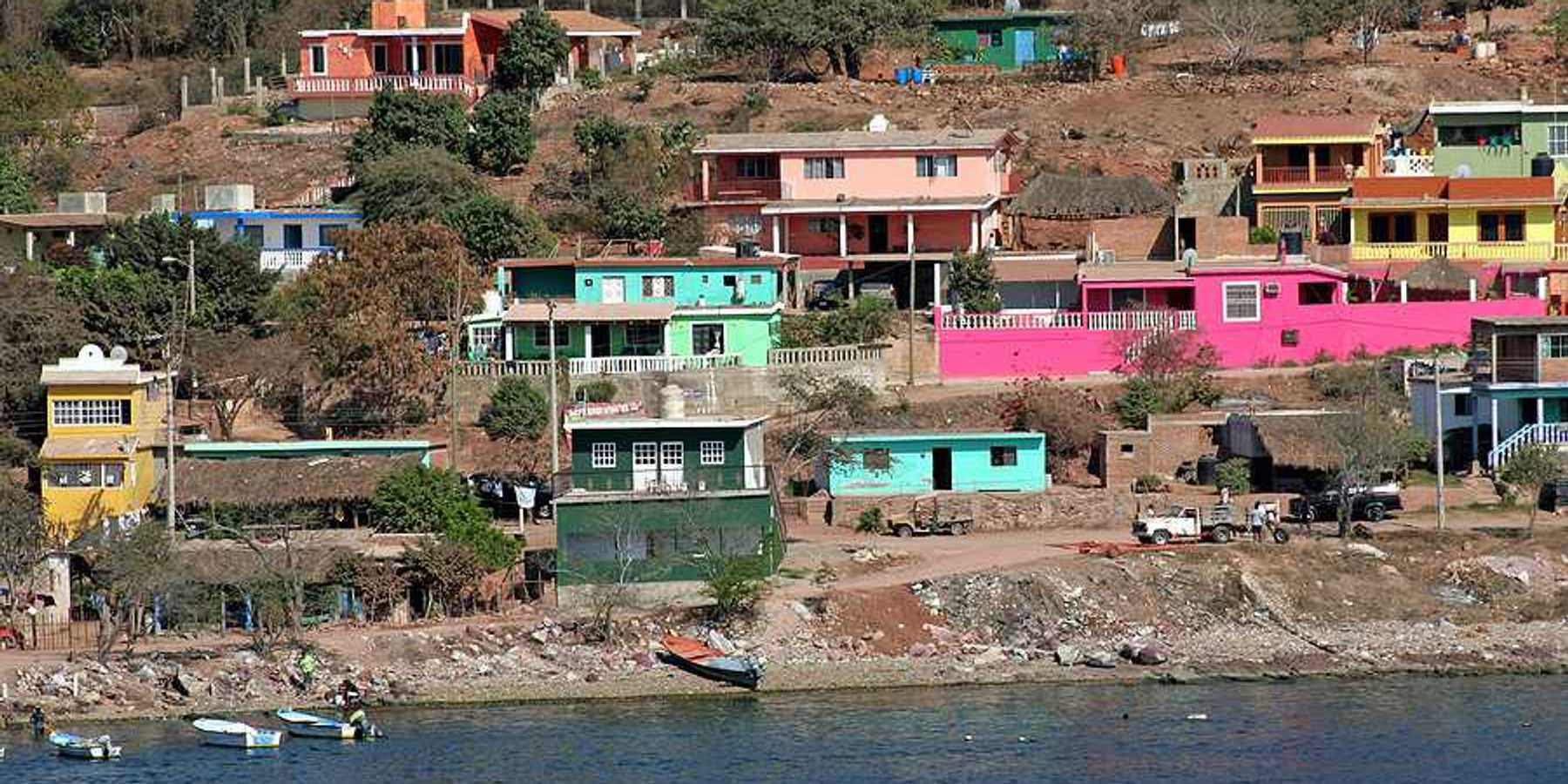The US must acknowledge climate debt to protect vulnerable nations
To mitigate the impact of climate change, wealthy nations like the U.S. need to take responsibility and provide reparations to countries most affected by global warming.
Vann R. Newkirk II reports for The Atlantic.
In short:
- Thirty-three years after the Chantilly climate conference, global temperatures and emissions have risen dramatically, causing severe environmental crises.
- The Alliance of Small Island States (AOSIS) proposed a framework for climate reparations in 1991, which remains relevant but has yet to be fully implemented.
- Despite some progress, wealthy nations, including the US, have largely failed to make significant commitments to climate reparations.
Key quote:
"The very existence of low-lying coastal and small vulnerable island countries is placed at risk by the consequences of climate change."
— Alliance of Small Island States (AOSIS) delegates.
Why this matters:
Addressing climate debt is crucial for preventing the collapse of vulnerable nations and ensuring global stability. Ignoring these obligations could lead to severe worldwide consequences, including increased migration and geopolitical instability. Read more: Scientists probe ancient history of the East Antarctic Ice Sheet and find unsettling news about sea level rise.













